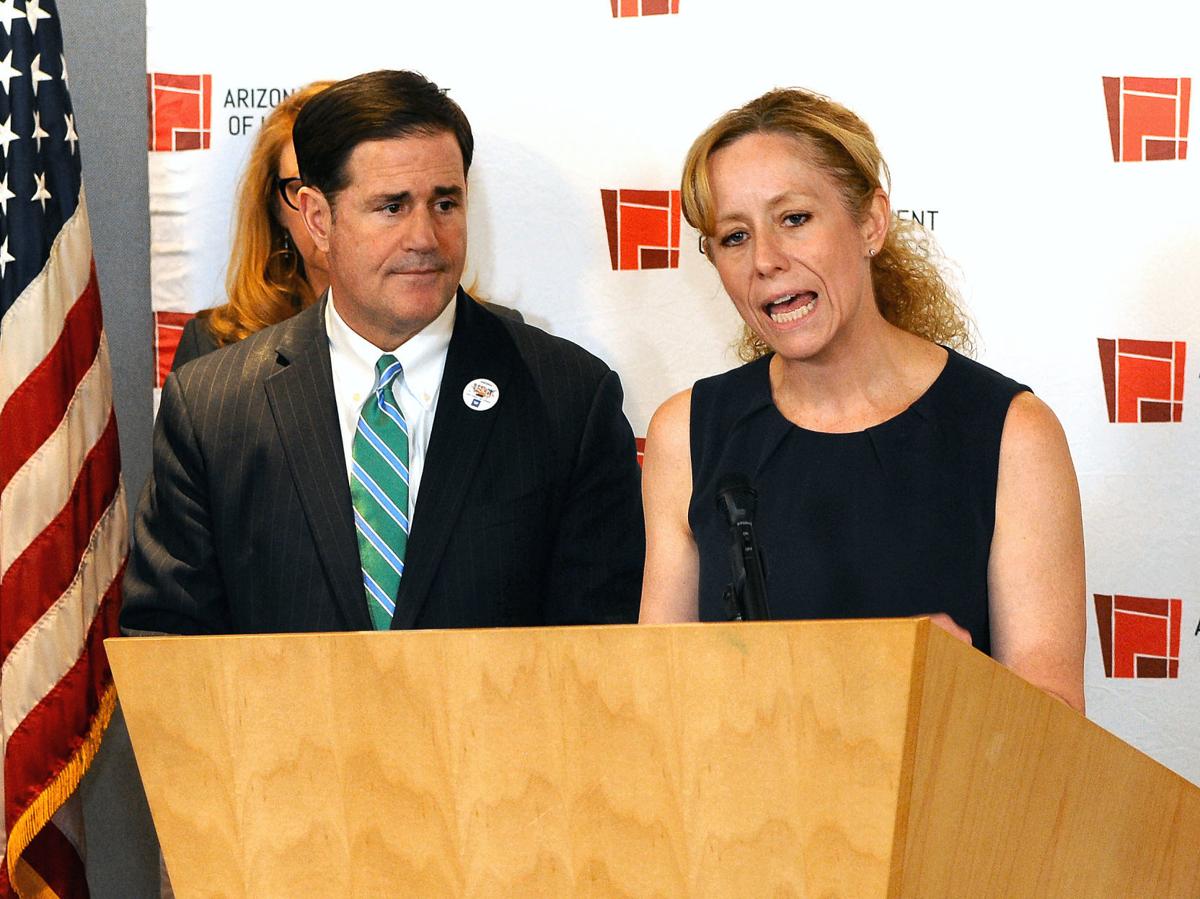PHOENIX — State lawmakers approved $55 million Thursday to provide resources for the Department of Health Services to deal with the coronavirus.
Legislation given unanimous consent by the House and Senate provides an immediate $5 million infusion. But it also sets aside up to $50 million more for state health director Cara Christ to use at her discretion between now and June 30.
The only requirement is that she inform the Joint Legislative Budget Committee of how she intends to spend the funding. She is not required to get approval of committee members.
Gov. Doug Ducey signed the measure Thursday afternoon.
All of the dollars are coming from the state’s “rainy-day” fund, a $1 billion set-aside of state cash for both emergencies like this as well as to deal with ups and downs in state revenues.
But that question of unanticipated changes in income has come into sharp focus as the state begins to assess the impact of the virus on the economy.
The latest blow came Thursday when Major League Baseball canceled spring training. The most recent studies show that spending by teams and those who visited Arizona to attend the games generated about $25 million.
On top of that are the decisions by various groups to cancel their conferences as well as reduced tourism overall. And as investors sell their stocks to minimize their losses, that will affect what individuals pay in income taxes in April 2021.
Rep. T.J. Shope, R-Coolidge, the House speaker pro-tem, said all that clouds the revenue picture. And that, in turn, could delay the adoption of a state budget for the coming fiscal year that begins July 1, both in the “wish list” of new spending and proposals to cut taxes.
In separate action Thursday, state lawmakers moved to limit public access to the Capitol amid fears of the spread of COVID-19. The directive from House and Senate leaders closes off the public gallery of both chambers. That limits viewing to online.
None of this closes committee meetings where lawmakers take testimony on bills. But the directive urges the people who chair those committees to limit the number of speakers and encourage those with positions to find other ways to inform lawmakers.
Others who have no specific business, however, are being turned away. That includes school field trips, and visits by outside organizations and foreign dignitaries.





